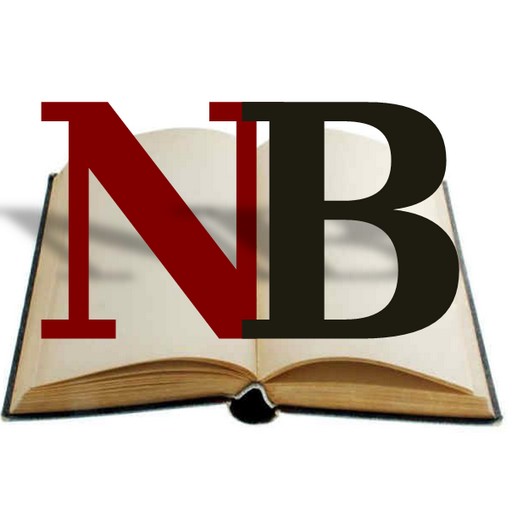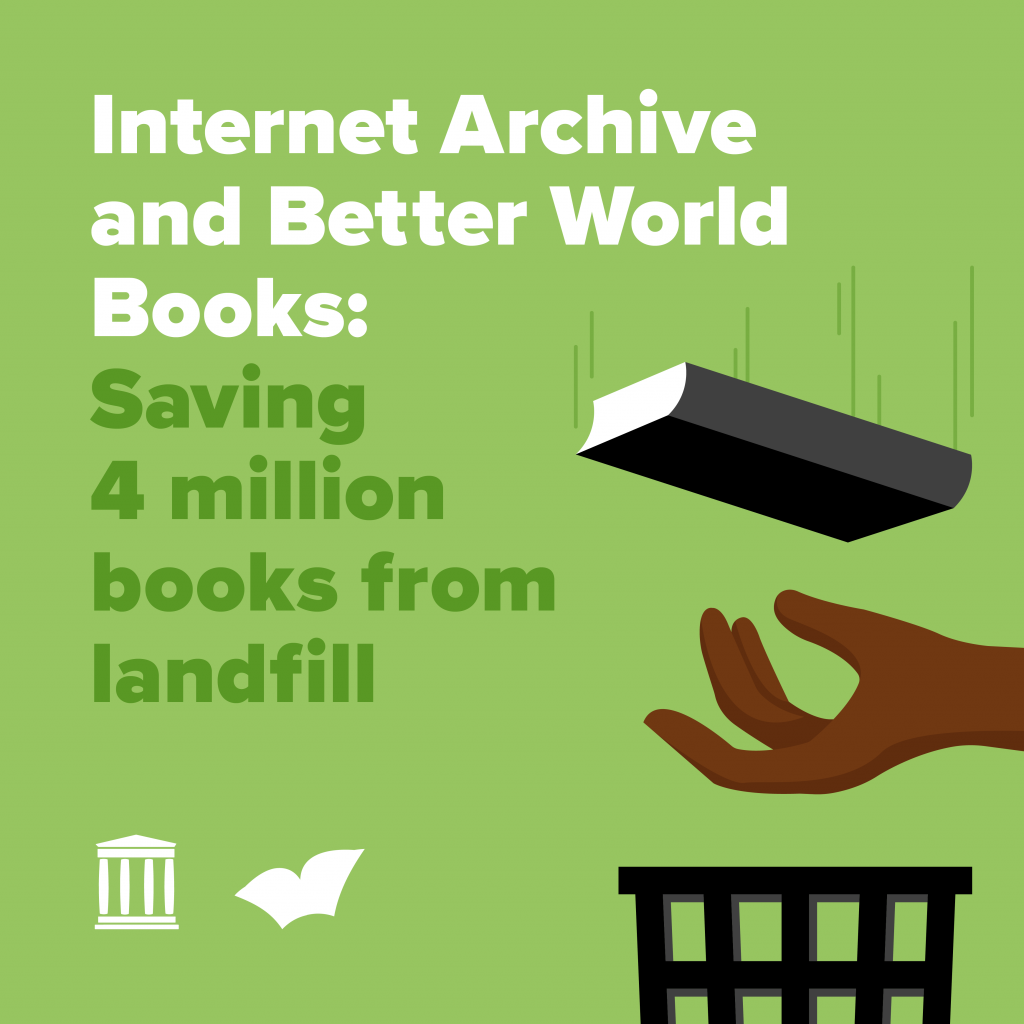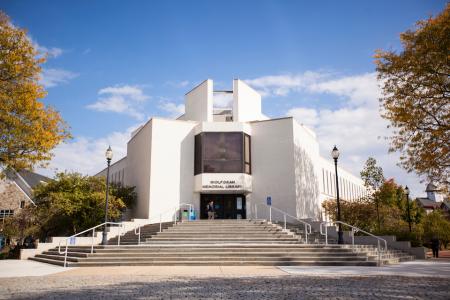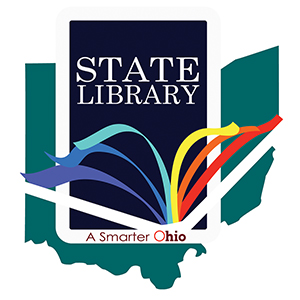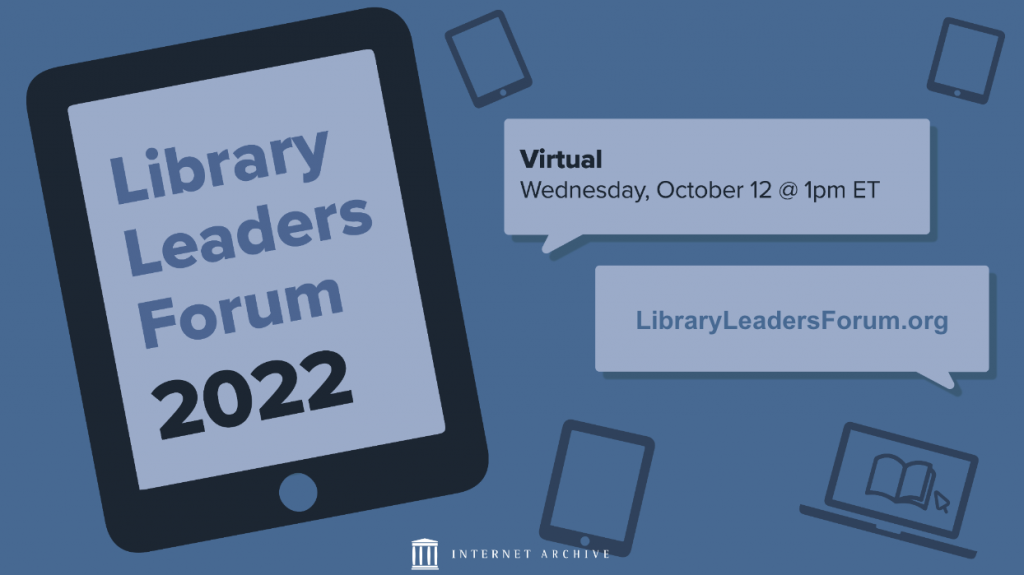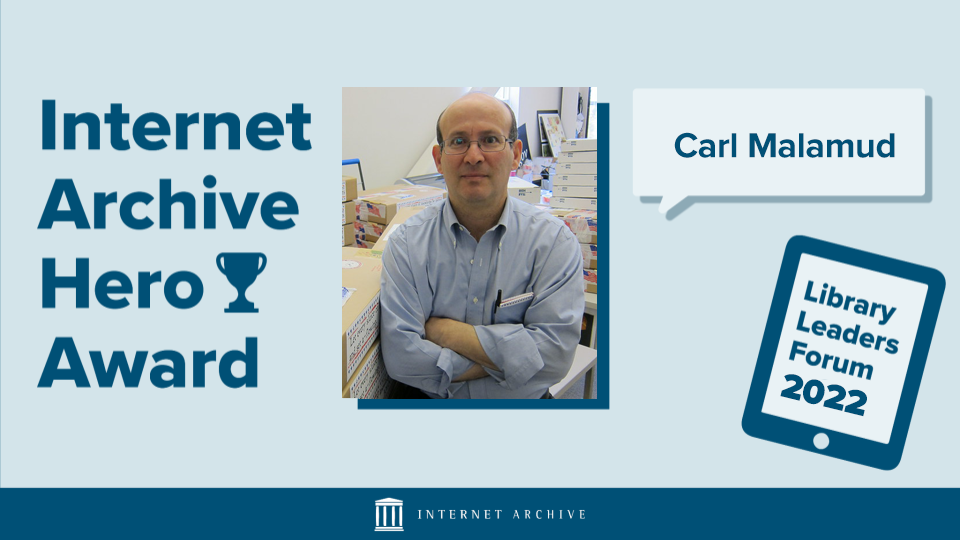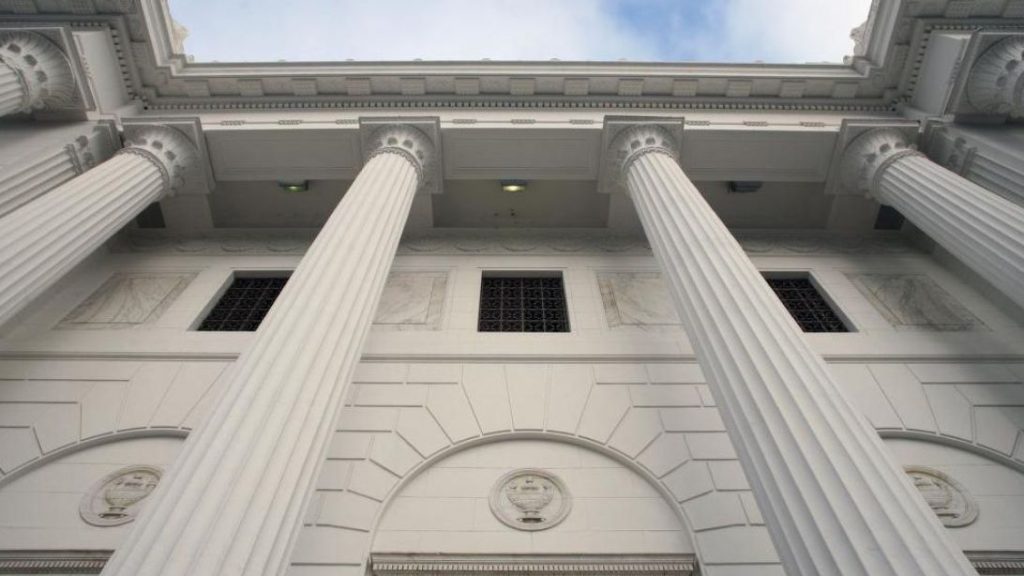UPDATE (3/16/23): In researching this post, Internet Archive librarians discovered that this book came to the Internet Archive through our literacy partnership with Better World Books, originating from a library in the UK. This story further highlights the value of our partnership in preserving books & cultural heritage for generations to come.
Brad Bigelow first became fascinated with obscure authors while perusing the vast library stacks at the University of Washington when he was an undergraduate in the late ‘70s.
“I would take down books I didn’t know anything about, just out of curiosity. As I read these books, I quickly realized that the only difference between the writers who get remembered and the ones that get forgotten is luck. It’s not talent or merit,” said Bigelow, noting some just had bad timing, lacked connections or didn’t have enough sales. “There are many good writers who deserve to be remembered.”
In 2006, Bigelow started the website Neglected Books, reviewing lesser-known books in hopes of giving the authors belated exposure for their work and sparking broader interest. Sometimes it can be a challenge to find information about writers and get copies of their often out-of-print books, said Bigelow, of Missoula, Montana, who runs the website as a hobby.
The Internet Archive is his trusted resource, providing access to information anytime, anywhere, he said.
“It’s a world asset. It’s just phenomenal,” said Bigelow. He uses the Archives’ search tools to learn more about authors (through back issues of Publishers’ Weekly and The Bookman magazines, for example) and the digital collection to borrow rare books unavailable elsewhere.
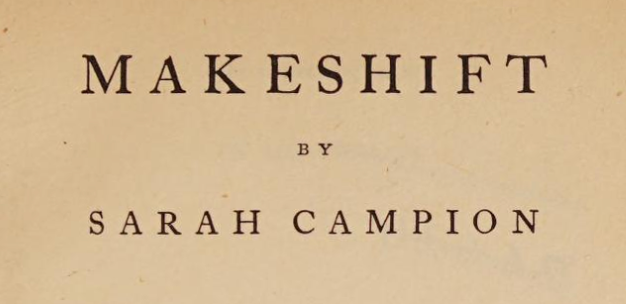
It was on the Internet Archive that Bigelow recently found a copy of “Makeshift,” by Sarah Campion, a 1940 novel about a bright, young Jewish woman’s flight from Nazi Germany. Bigelow published a blog post about “Makeshift” on Neglected Books and then promoted the post on social media, highlighting the rarity of the work. “There are just 19 copies of this book in libraries worldwide. Even Campion’s son doesn’t have a copy. But fortunately, it’s available on the Internet Archive.” Bigelow tweeted about his discovery.
For Bigelow’s top finds, go to a section on his website: Gems from the Internet Archive.
For independent scholars and individuals, access to key resources in the research process such as back issues of old magazines can be limited. Bigelow said he is grateful for the Internet Archive, which offers an alternative to those not affiliated with a college or university, and donates regularly since he relies on its resources for his writing.

On Neglected Books, Bigelow said he enjoys shedding new light on unknown authors. “I don’t think my thoughts are original enough to have anything new to say about Virginia Woolf, James Joyce or Shakespeare,” he said. However, unearthing little-known books that have been all but lost to history is satisfying.
Bigelow appreciates the Internet Archive for protecting cultural artifacts that have disappeared from physical library shelves and making them available to the public. “Information that is not passed on is useless,” he said.
